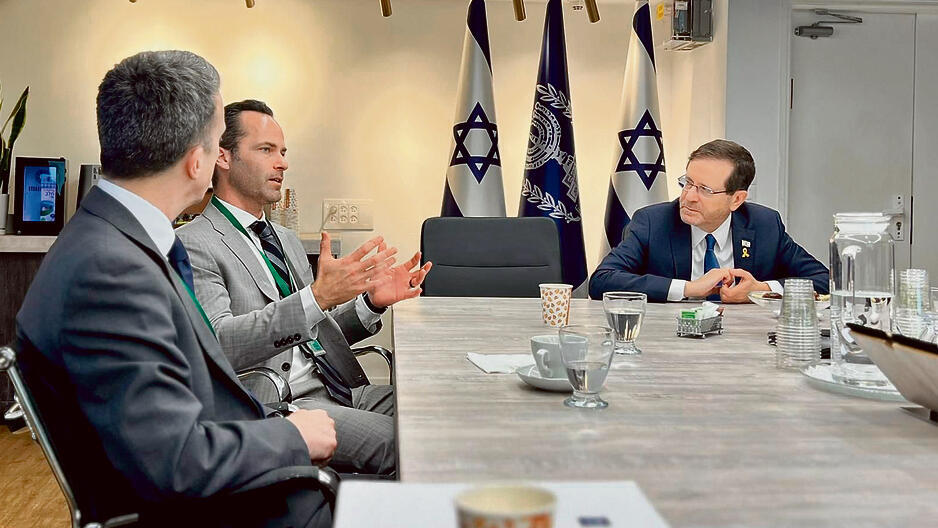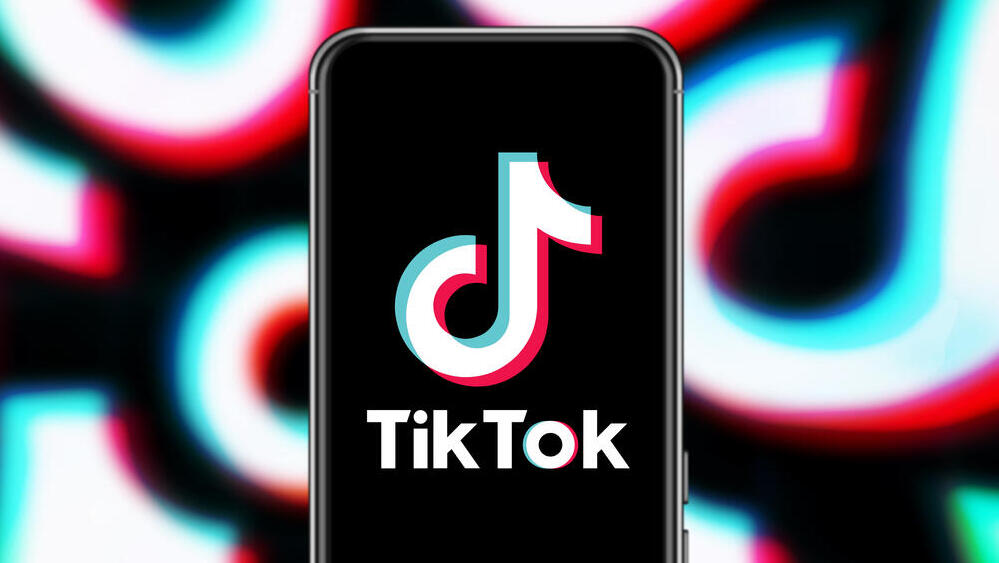Getting your Trinity Audio player ready...
Amid allegations of antisemitism and the spread of false information and hate videos against Israel, two senior TikTok officials are currently visiting Israel and stated, "We've come to listen to the allegations and learn."
Read more:
Michael Beckerman, Deputy Vice President and Head of Public Policy at TikTok in the United States, and Theo Bertram, Deputy Vice President for Government Relations and Public Policy at TikTok in Europe, met with President Isaac Herzog and visited Yad Vashem.
"The reason we are here is to listen and address these mistaken conspiracy theories about TikTok and Israel," explains Bertram. "We met with President Herzog, met with ministers, went to Yad Vashem in the evening, and this morning we met with one of the released captives who has family members still in captivity."
"On October 7, TikTok Israel reached out to me. I contacted the CEO and the head of the safety team, and he told me, 'We already have a crisis response team for this.' From that moment, it has been our top priority. Before October 7, we saw a rise in antisemitism, and since then the rise in antisemitism has been much more pronounced."
Since October 7, TikTok has become a platform for spreading videos of horror, hatred, and false information. However, TikTok claims otherwise. According to the company, they are working against inciting content. Even when they do act against it, censorship can be circumvented: some Israel haters have decided to embed anti-Israeli or pro-Palestinian content in innocent content like makeup tutorials to bypass TikTok's filtering systems.
"We have removed over 150 million video clips since the war began, along with more than 46,000 live broadcasts containing content that encourages terror, pro-Hamas rhetoric, slander, fake news, and violent videos," the two senior officials claimed. "We can't be 100% on top of it, but we must remove such content, which means we need to remain vigilant. For example, we now have a policy where we treat Hamas's denial of the attack on Israel on October 7 exactly like Holocaust denial. Across the platform, we prohibit any support for Hamas. The war is complex, but when dealing with anti-Semitism and misinformation about the attacks, it needs to be removed from the platform. It's not complicated."




